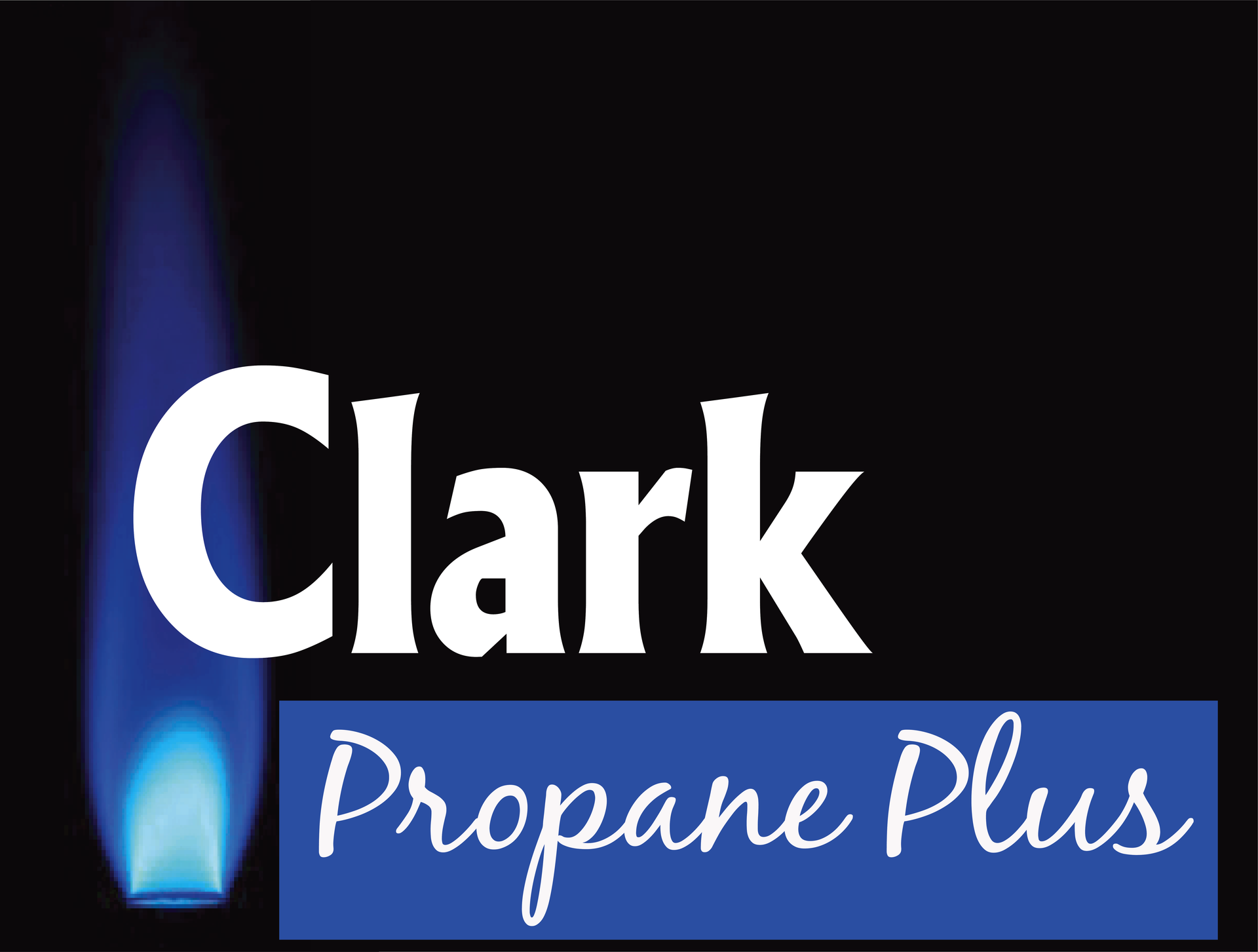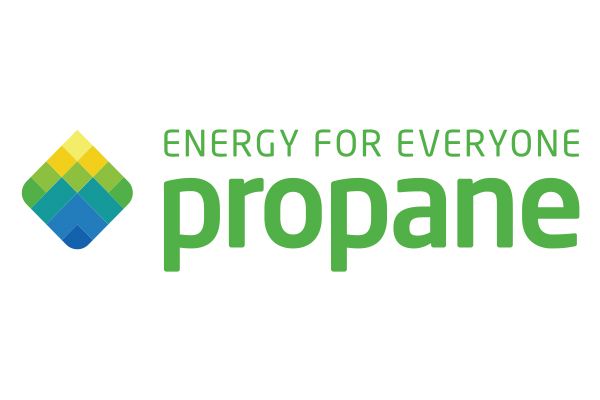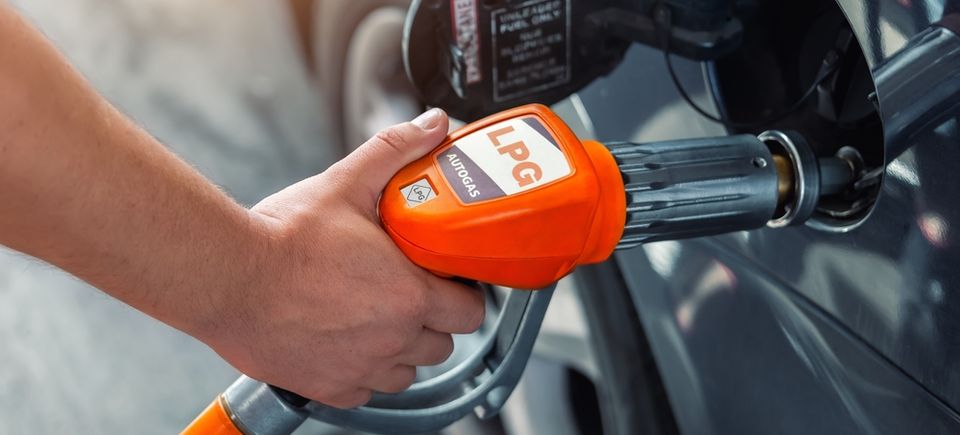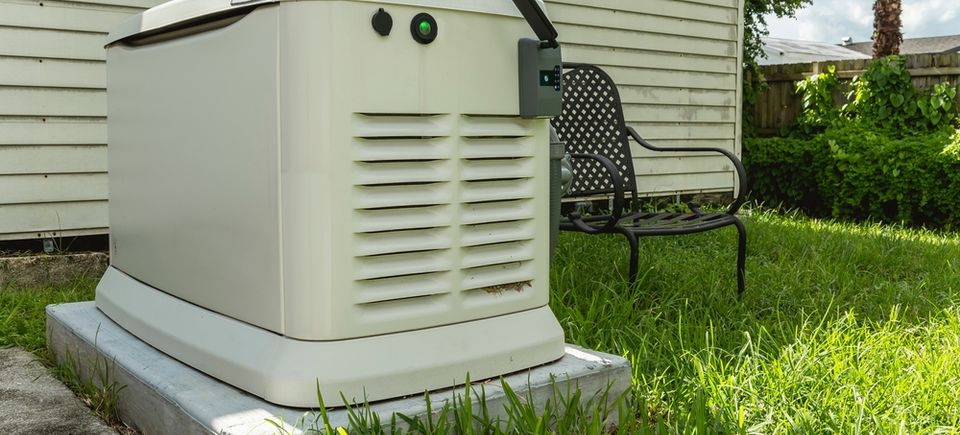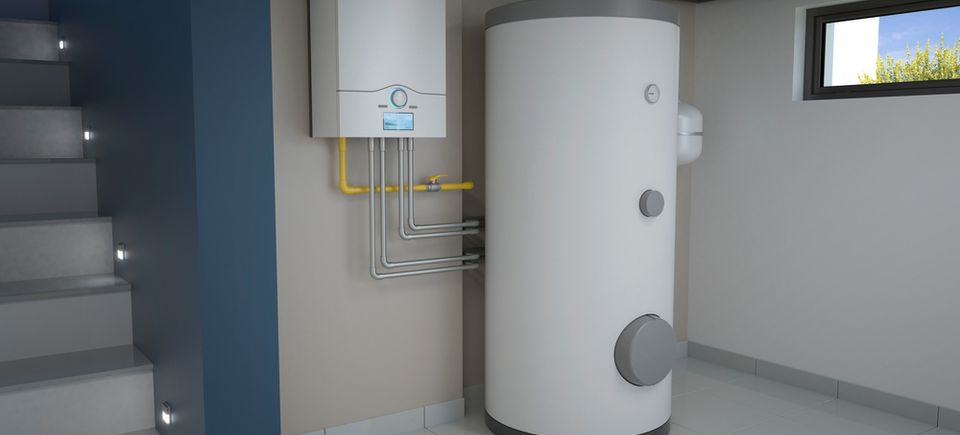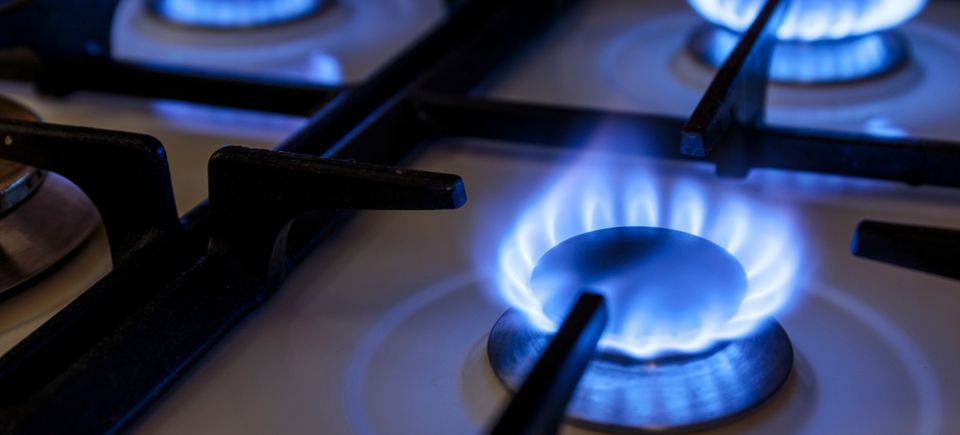Propane: The Efficient and Versatile Fuel for Residential and Commercial Application
Introduction to Propane Propane, a byproduct of natural gas processing and petroleum refining, is a popular fuel choice for a variety of applications, known for its efficiency and environmental benefits. As a clean-burning hydrocarbon, propane is listed in the 1990 Clean Air Act as a clean fuel, which makes it an appealing option for environmentally conscious consumers and businesses alike.
Benefits of Propane Propane offers several distinct advantages that make it a preferred choice over other fuels such as gasoline, diesel, and electricity:
Energy Efficiency: Propane appliances are generally more efficient than their electric counterparts. For example, propane water heaters can heat water nearly twice as quickly as electric models, and with newer, more efficient models on the market, homeowners and businesses can enjoy significant energy savings.
Environmental Benefits: Propane burns cleaner than many other fuels, emitting fewer pollutants and having a lower carbon footprint. This makes it an environmentally friendly choice that contributes to reduced greenhouse gas emissions and improved air quality.
Cost-Effectiveness: Although the initial setup cost for propane appliances might be higher, the long-term savings on energy bills can be substantial. Propane's high efficiency translates into lower operational costs over time, making it an economically advantageous option.
Reliability: Propane can be stored safely in tanks on a property, providing a reliable source of fuel even in areas where natural gas lines are not available. This makes it particularly useful in rural or remote locations.
Versatility: Propane is incredibly versatile and can be used in a variety of applications, from heating and cooking to powering generators and vehicles.
Residential Applications of Propane In residential settings, propane is primarily used for heating and powering appliances. Some common uses include:
Commercial Applications of Propane Propane's benefits extend into commercial settings, where its efficiency and portability make it suitable for a wide range of uses:
Safety and Handling Propane is a safe fuel when handled correctly. It is important for both residential and commercial users to follow proper safety guidelines and ensure that all propane appliances and systems are maintained and inspected regularly by a qualified technician.
Conclusion Propane stands out as an efficient, versatile, and environmentally friendly fuel. Its wide range of applications in both residential and commercial settings, combined with its energy efficiency and cost-effectiveness, makes it an excellent choice for those seeking a reliable and sustainable energy solution. Whether you're heating a home, powering a fleet, or running a farm, propane provides a powerful and efficient fuel alternative that meets a variety of needs while supporting environmental sustainability.
Benefits of Propane Propane offers several distinct advantages that make it a preferred choice over other fuels such as gasoline, diesel, and electricity:
Energy Efficiency: Propane appliances are generally more efficient than their electric counterparts. For example, propane water heaters can heat water nearly twice as quickly as electric models, and with newer, more efficient models on the market, homeowners and businesses can enjoy significant energy savings.
Environmental Benefits: Propane burns cleaner than many other fuels, emitting fewer pollutants and having a lower carbon footprint. This makes it an environmentally friendly choice that contributes to reduced greenhouse gas emissions and improved air quality.
Cost-Effectiveness: Although the initial setup cost for propane appliances might be higher, the long-term savings on energy bills can be substantial. Propane's high efficiency translates into lower operational costs over time, making it an economically advantageous option.
Reliability: Propane can be stored safely in tanks on a property, providing a reliable source of fuel even in areas where natural gas lines are not available. This makes it particularly useful in rural or remote locations.
Versatility: Propane is incredibly versatile and can be used in a variety of applications, from heating and cooking to powering generators and vehicles.
Residential Applications of Propane In residential settings, propane is primarily used for heating and powering appliances. Some common uses include:
- Heating: Propane furnaces provide warm, consistent heat efficiently and are faster at heating a home than electric heaters.
- Cooking: Propane stoves offer instant heat and precise temperature control, which is preferred by many home cooks and professional chefs.
- Water Heating: Propane water heaters are more efficient than electric water heaters and can provide a continuous supply of hot water.
- Clothes Drying: Propane dryers are more efficient than electric dryers, drying clothes faster and using less energy.
- Backup Power: Propane generators are reliable for emergency power needs, ensuring that homes remain operational during power outages.
Commercial Applications of Propane Propane's benefits extend into commercial settings, where its efficiency and portability make it suitable for a wide range of uses:
- Fleet Vehicles: Many commercial fleets are turning to propane as a cost-effective, clean-burning fuel for buses, trucks, and taxis.
- Farming: In agriculture, propane is used not only for heating and powering irrigation systems but also for crop drying and running farm equipment.
- Restaurants and Catering: Propane is the fuel of choice for cooking in many restaurants due to its ability to provide a consistent cooking temperature and quick heat-up times.
- Heating and Cooling: Commercial buildings use propane for efficient heating solutions and, in some cases, cooling through absorption chillers.
- Landscaping: Propane is used in commercial mowers, reducing carbon emissions and fuel costs compared to gasoline.
Safety and Handling Propane is a safe fuel when handled correctly. It is important for both residential and commercial users to follow proper safety guidelines and ensure that all propane appliances and systems are maintained and inspected regularly by a qualified technician.
Conclusion Propane stands out as an efficient, versatile, and environmentally friendly fuel. Its wide range of applications in both residential and commercial settings, combined with its energy efficiency and cost-effectiveness, makes it an excellent choice for those seeking a reliable and sustainable energy solution. Whether you're heating a home, powering a fleet, or running a farm, propane provides a powerful and efficient fuel alternative that meets a variety of needs while supporting environmental sustainability.
